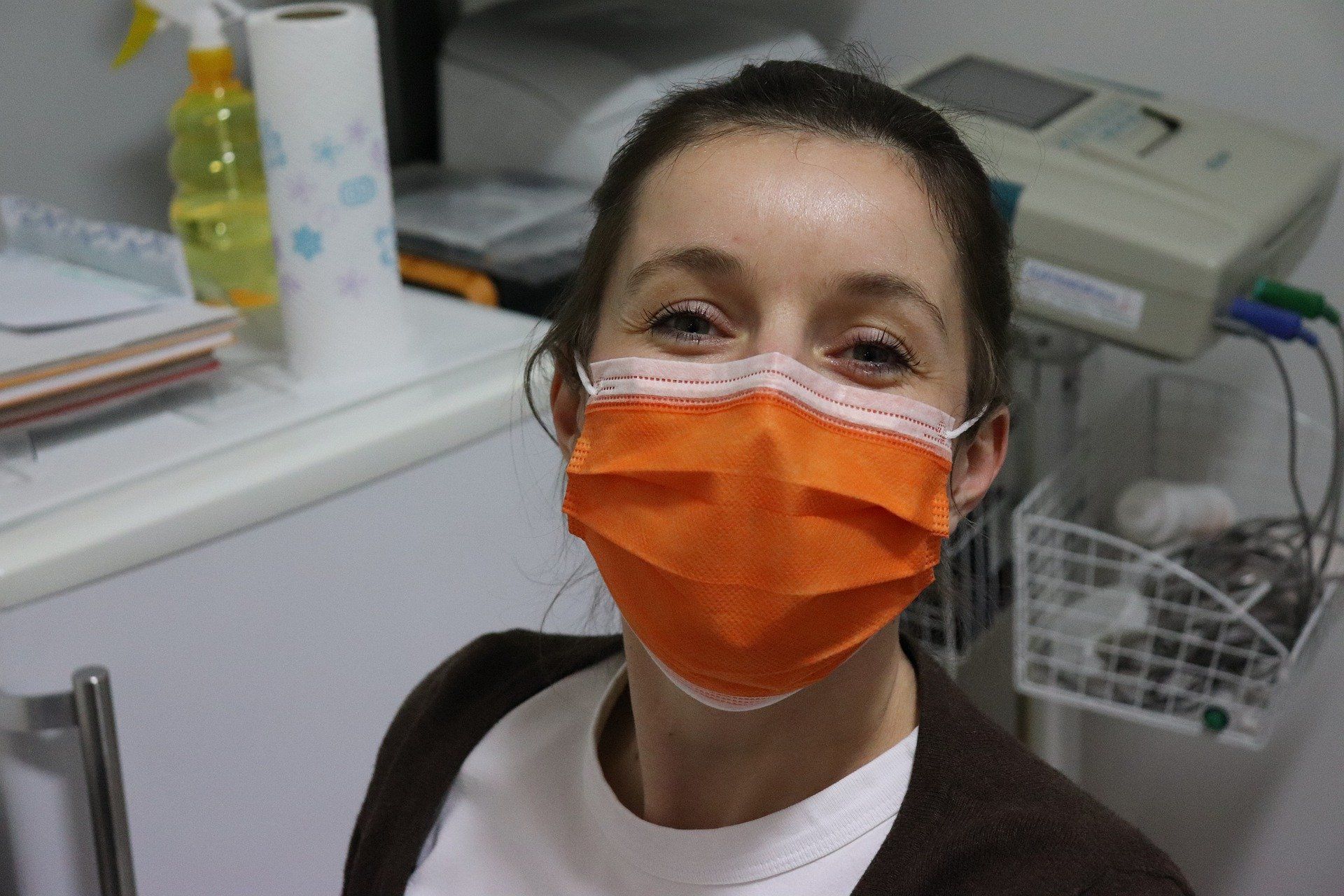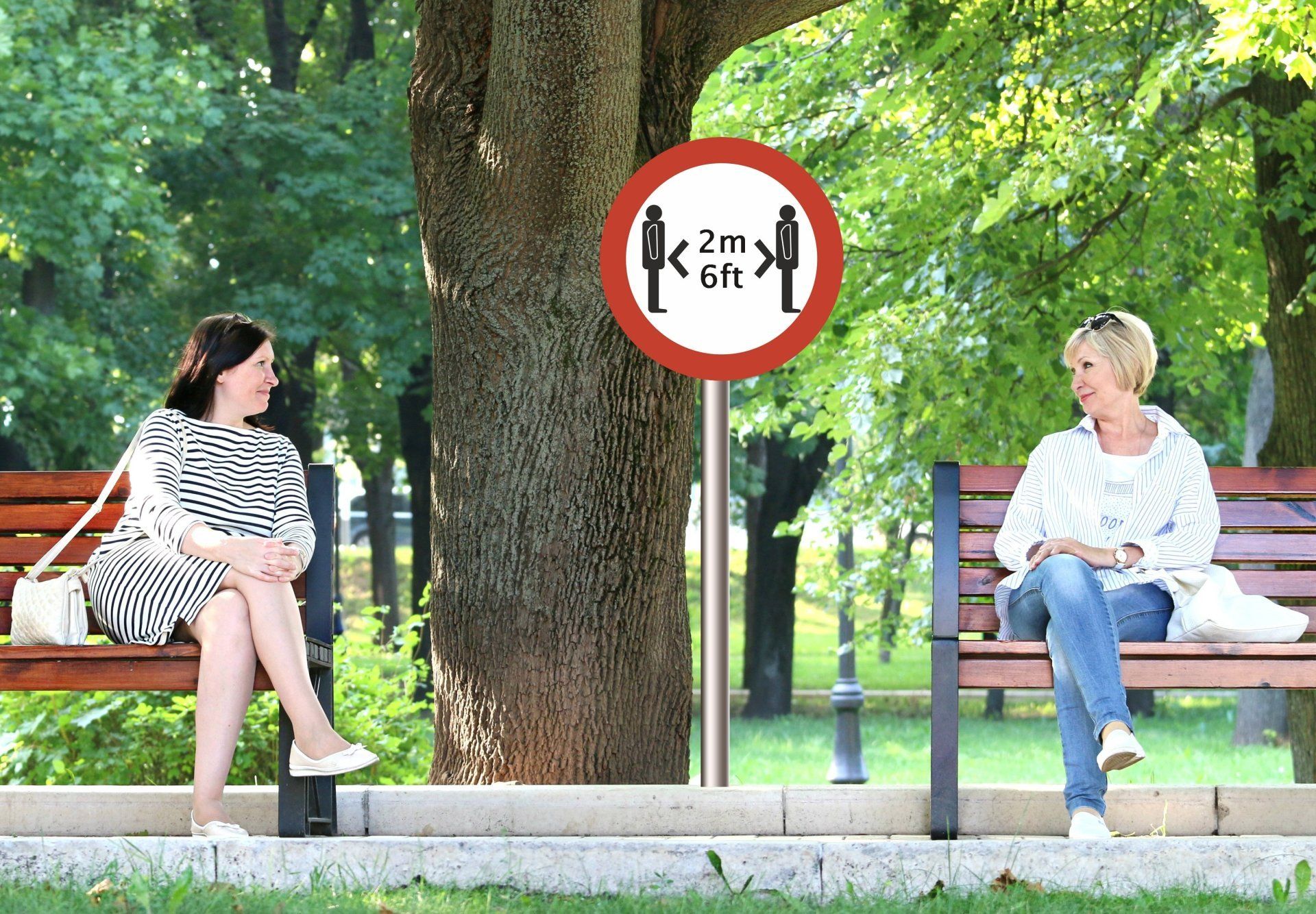What do healthcare assistants do and what are their responsibilities?
What do healthcare assistants do?
Healthcare assistants are an integral part of various medical facilities, including hospitals, clinics, and nursing centers. The tasks they handle will depend on where they are posted and who they report to.
For instance, in hospitals, healthcare assistants usually work under a doctor or a nurse, who will delegate suitable tasks and monitor their work. Their role may involve direct interaction with patients, taking care of medical equipment and records, or departmental work.
Meanwhile, the responsibilities of healthcare assistants in GP surgeries and health centers will be different. They collect patient information, perform health checks, stock consulting rooms, sterilize equipment, and take blood samples if they have the necessary training.
Irrespective of the setting where they work, healthcare assistants are frontline workers who extensively interact with patients. Hence, they must have good communication skills and compassion.
Healthcare assistants should be able to help patients relax, make them feel comfortable, and build trust. They should not shy away from personal care tasks like helping patients wash and clean themselves. They should also be committed to the role and cope with the demands of a fast-paced, physically demanding job.
Responsibilities of healthcare assistants in different roles?
The responsibilities of healthcare assistants vary according to their work setting. Let us now look at the different types of work environments to understand what do healthcare assistants do and what are their responsibilities.
Healthcare assistants in hospitals
Hospitals and nursing homes offer specialized treatment. In such settings, the role of a healthcare assistant is to assist nurses and doctors with caring for patients. The nursing staff at hospitals will assign tasks related to the basic and everyday needs of patients to health care assistants. By taking over these tasks, HCAs free up nurses and doctors to handle more specialized tasks that need advanced medical knowledge.
In hospitals, health care assistants ensure that patients enjoy an acceptable level of comfort during their course of stay. They assist patients with their bathing, grooming, dressing, feeding, and toilet needs. They will help mobility-impaired patients to move around the ward. They will also have to make beds, carry out health checks, and educate patients and their families about their treatment and health concerns.
Patients place their trust in healthcare assistants who handle these roles. They wish to be treated with dignity and expect them to respect their privacy. So, healthcare assistants play an important role in making the hospital stay of a patient comfortable and stress-free. Towards this end, they may also have to talk to anxious patients, offer reassurance, and help them relax during their treatment and convalescence.
Apart from tending to their daily needs, the responsibilities of HCAs may also include the following:
- Taking blood samples of patients and delivering them to the lab
- Monitoring vitals like blood pressure, body temperature, and pulse, recording this information and documenting it as required
- Reporting any changes in their health conditions to the concerned medical staff promptly
- Proper sterilization and storage of medical equipment
In a hospital, healthcare assistants may also have to manage records. They must organize patient charts and update patient information. They will also have to interact with doctors and nurses and address any concerns and queries of patients and their families.
Healthcare assistants in nursing centers and hospice centers
In nursing centers and hospice centers healthcare assistants assist and support medical practitioners in the treatment and care of patients and residents.
Healthcare assistants do not have the medical qualifications to administer medical treatment to patients. However, they can facilitate the treatment prescribed by a medical practitioner. They act as a link between the medical staff and patients.
The main responsibilities of healthcare assistants in these settings include the following:
- Assisting with activities of daily living like bathing, dressing, and toileting
- Timely administration of medication that is prescribed by the medical staff
- Taking blood samples and sending it to labs for processing
- Monitoring vitals like blood pressure, temperature, and pulse
- Offering health education and information on treatment plans as recommended by medical staff
- Recording and documenting patient health information and updating medical records
- Communicating relevant information and changes in health condition to the concerned staff
Although their primary responsibility is patient care, healthcare assistants in nursing centers and hospice homes will often handle certain clerical tasks as well. They may have to answer calls, prepare charts, document health information, and maintain records of the residents and patients.
Healthcare assistants in the community
Healthcare assistants in the community provide valuable assistance to the elderly or patients who are at home but need medical care or attention.
Their main responsibilities in such roles include the following:
- Overseeing the patient’s healthcare needs as per their doctor’s instructions
- Educating the patient and their family about proper nutrition and exercise
- Reviewing their progress and monitoring their general condition between hospital visits
- Checking their wounds or stitches and applying fresh bandages if needed
- Talking to patients and making them comfortable
In this role, healthcare assistants may also interact with other healthcare professionals like doctors and nurses to discuss the patient’s progress, care needs, and medically relevant details.
Through this post, we have addressed what healthcare assistants do and what their responsibilities are in detail.
If you are keen on a fast-paced, responsible job where you can care for people in a medical capacity, a healthcare assistant job is a good choice. Not only does this career choice have immense scope for growth in the medical industry but it also allows you to make a difference in many lives.











